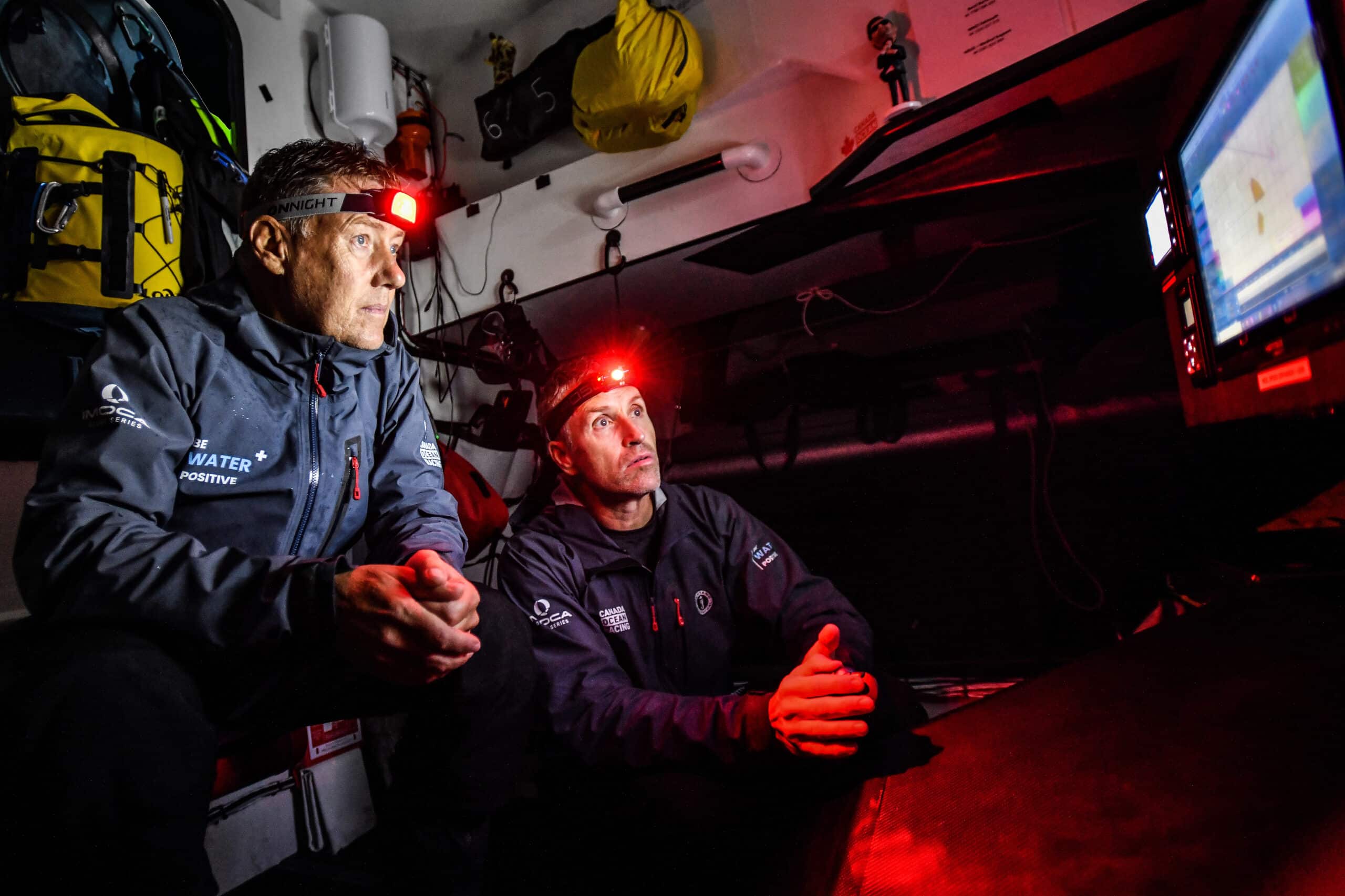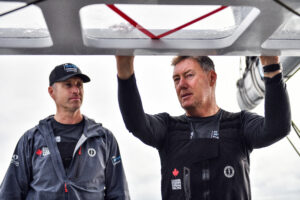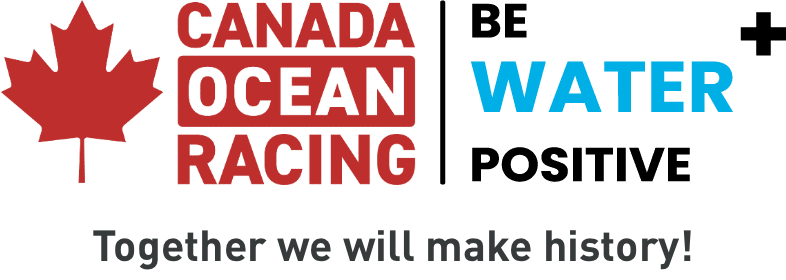
13 May Coaching the Mind of an Offshore Sailor
Coaching the Mind of an Offshore Sailor
Canadian offshore sailor Scott Shawyer is 16 days away from the start of the New York (USA) to Vendee (France) solo Transatlantic yacht race, a passage estimated to take around two weeks, undoubtedly Scott’s greatest sailing challenge to date.
In this final phase of preparation, obtaining the correct mindset for Scott to take to sea is one of my main areas of focus as his performance coach. The process is in-depth and influenced primarily by three main stages over the next 16 days.
Stage 1: ‘Leaving the Nest’; this is a process of leaving home. It is a vital phase of preparation with the aim to ensure that the athlete’s house is in order. Yesterday, I sent Scott a reminder that in 10 days from now he will make the switch from his home in Canada to the race village in Newport RI (USA) and to prepare for the race start. I prompted Scott to consider his readiness for the transition, asking him to question himself in relation to being present now for those important to him and if he is comfortable with the state of his home and business affairs. Leaving the nest in good order will enable a quicker shift into race mode, this is a straightforward performance gain for any athlete, but often one that is hard to achieve.
Stage 2: ‘Managing the Hype’ when physically reconnecting with the team and the boat, as well as absorbing the atmosphere that surrounds the race village. This also includes pre-race formalities such as Scott’s commercial/sponsor obligations and media commitments. In this stage it is important that the individual elements amongst this process do not become detrimental distractions, or even frustrations; in the right frame of mind, all of which can be used as positive energy and competitive fuel. The mind is easily influenced and can quickly cultivate negative or positive thoughts. In this case, the athlete can train their mind to see commercial and media commitments as privileges, not burdens, for example.
Stage 3: ‘Narrowing the Focus’ is a state of mind that is also commonly referred to as ‘getting in the zone’. During this period, I aim to create a shield around the athlete. I also ask those around Scott to focus only on what will directly enhance his preparation. Within this bubble, Scott can concentrate on what is most important; final systems, equipment checks and onboard provisioning, final physical and mental preparation, detailed pre-start course and weather strategy, and last contact with loved ones.

The world of offshore sailing is volatile and unpredictable, yet the pieces within the above stages are aspects in preparation and readiness that we can control. To execute the above well and with the correct process can create a more organised and clearer mind, a mind that can absorb new knowledge more easily and adapt quickly to change. This in turn helps build confidence, and confidence is belief, belief is strength.
I also adopt a process known as ‘pebbles in the locker’. This was passed onto me by my mentor during the 1995 America’s Cup. The mindset behind this process is that every time you have a good training session, positive progress in any way, or you learn something new, that you theoretically place a small stone (pebble) in your locker. Then on race day, if there is any doubt as to whether you are ready to compete, you open your locker door and a pile of pebbles spill out. These small stones are indicators and reminders that you have done the work and that you are ready. I help identify and monitor the pebbles.
You also don’t just step up and start these sorts of races, there is a process that includes proving to the event organisers that the athlete is capable. There is specific seamanship licensing, medical and sea survival training that is undertaken in order to qualify, the process is rigorous. These are all ‘pebbles’. Over the winter we relocated our base to Portugal where during a four-month period we could access the most ideal sailing conditions in order to best prepare Scott for this specific race. Again, more ‘pebbles’.
On the 28th of May, Scott will leave Newport RI and sail to the offshore start line, a journey and pre-start process that will take around 10-15 hours. For this period, Scott will already be alone onboard but we will have contact with him to aid with any final performance information and tweaks such as new weather forecasts and how this information changes the immediate race strategy, but once the race starts at 14:00 EST on the 29th of May, our interaction with Scott becomes highly restricted. At this point, the core of our supporting roles needs to have been delivered, and as in any other sport, the time beyond the starting gun belongs to the athlete.
———-
Nick Moloney is Scott Shawyer’s performance coach. He has competed and coached in the America’s Cup, sailed around the world three times, and set over 15 World Sailing Speed Records including the fastest non-stop and unassisted circumnavigation of the planet under sail. He is also an executive coach, working primarily with Founders and CEOs drawing upon his experience in high performance sport and the analogies between sport and business.


